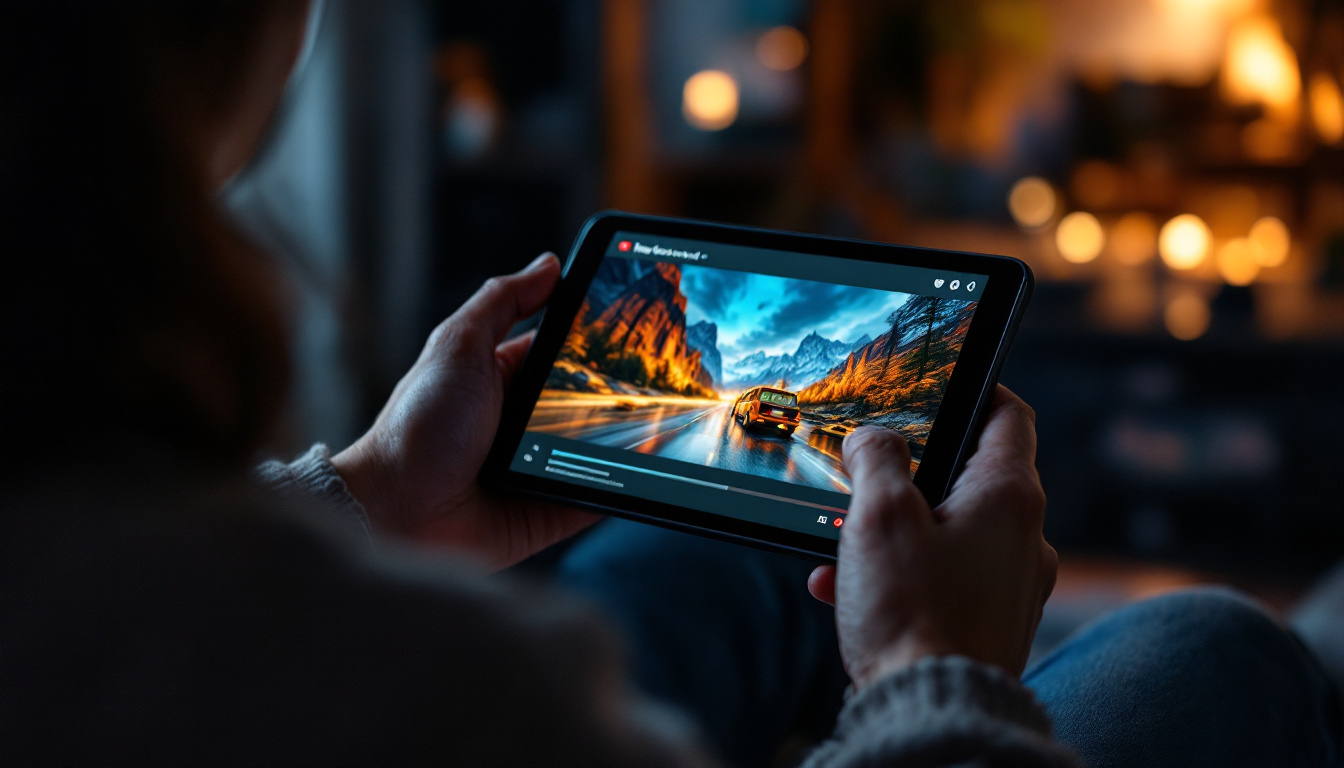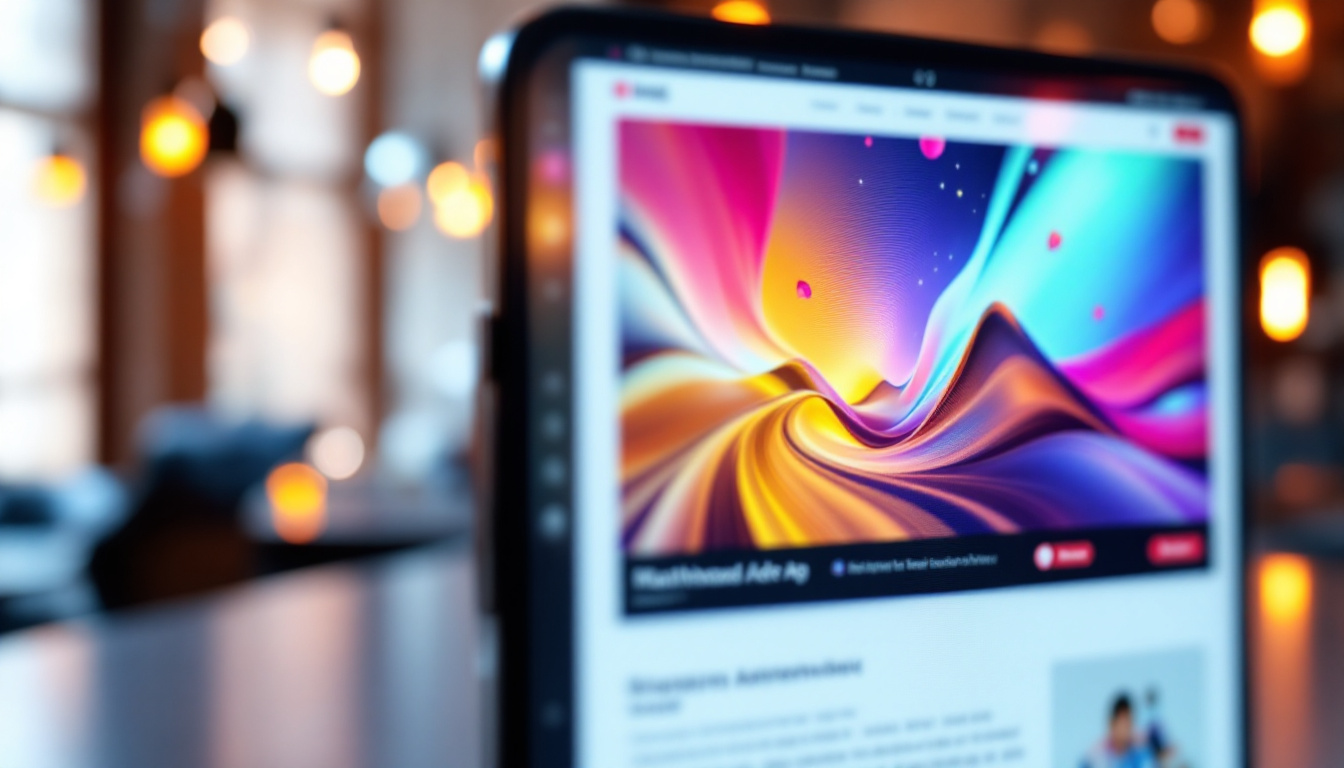What Saint Paul, MN Businesses Should Know About Google Ads Updates

As the digital marketing landscape evolves, staying updated on Google Ads changes is crucial, especially for businesses in vibrant communities like Saint Paul, Minnesota. Google Ads can significantly enhance local visibility and drive new customers to your business. Recent updates provide new opportunities and challenges that every business should be aware of.
Understanding the latest Google Ads updates
Google Ads has undergone numerous changes recently, affecting how businesses manage their online advertising efforts. The updates include enhancements in automation, changes in user interfaces, and tweaks in advertising policies. These modifications are designed to improve user experience and increase the effectiveness of ad campaigns.

One notable update is the focus on machine learning algorithms, which are being integrated into various features of Google Ads. This allows for more efficient ad targeting and bidding strategies, enabling businesses to reach their audience more effectively. By leveraging these algorithms, advertisers can analyze vast amounts of data in real-time, making adjustments that were previously impossible. This not only saves time but also enhances the potential for higher conversion rates as ads are shown to users who are more likely to engage.
Additionally, Google continues to refine its ad format options and targeting capabilities. This means that local businesses need to keep up with these changes to ensure their ads are optimized for performance and relevance. The introduction of video ads and interactive formats has also transformed how brands communicate their messages, allowing for more engaging storytelling that resonates with audiences. As consumers increasingly favor dynamic content, businesses must adapt their strategies to incorporate these formats effectively.
Key features introduced
Among the key updates are:
- Performance Max campaigns: This new campaign type simplifies the planning process by using a single campaign to run across various Google platforms.
- Enhanced conversions: An update that boosts tracking accuracy by using first-party data, allowing businesses to connect online and offline conversions.
- Updates to Smart Bidding: More advanced machine learning models have been introduced to optimize bids based on a range of unique signals.
These features are pivotal as they empower businesses to leverage the latest technology and tools to maximize their ad spend efficiency and ROI. Furthermore, the integration of these features allows for a more holistic approach to advertising, where businesses can track the entire customer journey—from initial interest to final purchase—ensuring that every touchpoint is optimized for success.
Impact on ad format and targeting
With Google's focus on automation, businesses can now utilize new ad formats designed to capture attention more effectively. This includes responsive search and display ads that automatically adjust to match the user’s query or behavior. The targeting capabilities have also expanded, offering businesses the chance to reach their most relevant audience by utilizing demographic targeting, in-market audiences, and custom intent audiences. These advancements not only enhance the precision of ad placements but also allow for more personalized marketing strategies that cater to specific consumer needs and preferences.
These updates collectively ensure that businesses in Saint Paul remain competitive in the digital landscape. Keeping abreast of these updates allows for strategic utilization of Google Ads, aligning with local demographics and market needs. As competition grows, the ability to adapt quickly to these changes can set businesses apart, enabling them to create compelling campaigns that resonate deeply with their target audience. Moreover, the emphasis on data-driven decision-making fosters a culture of continuous improvement, where businesses can refine their strategies based on real-time performance metrics and consumer feedback.
How updates impact your PPC strategy
Understanding the implications of these updates on your pay-per-click (PPC) strategy is essential for businesses aiming to optimize their advertising efforts. With the enhancements in automation and new tools available, businesses must adapt their strategies accordingly. Staying ahead of these changes can mean the difference between a successful campaign and one that falls flat, making it crucial to remain informed and proactive.
For instance, the introduction of Performance Max campaigns means you need to rethink how you structure campaigns. Instead of separate campaigns for each platform, you can consolidate efforts, saving time while enhancing performance metrics. This shift not only streamlines management but also allows for a more holistic view of your advertising performance across various channels, enabling you to allocate resources more effectively.
Moreover, the changes in Smart Bidding algorithms suggest that adjusting your bidding strategy may be necessary. Automated bidding strategies can help maximize conversions, so closely monitoring performance and making data-driven decisions is crucial. As these algorithms evolve, they become more adept at predicting user behavior, which can lead to more efficient ad spend and improved ROI if leveraged correctly.
Adjusting budget allocations
With new features and tools available, businesses should also consider reallocating budgets to take advantage of these updates. For example, if Performance Max campaigns yield better results than traditional search campaigns, it may warrant increasing the budget for that campaign type. Monitoring KPIs such as conversion rates, engagement metrics, and return on advertising spend (ROAS) will help guide these decisions. Additionally, it’s important to keep an eye on seasonal trends and market fluctuations, as these can influence the effectiveness of your campaigns and necessitate further adjustments to your budget allocations.
Furthermore, adjusting testing parameters can also enhance PPC strategies. With the A/B testing capabilities of Google Ads, it’s vital to continually assess which ad formats and messages resonate with your audience and yield optimal results. Experimenting with different headlines, calls to action, and visuals can provide valuable insights into consumer preferences, allowing you to refine your approach and improve overall campaign performance.
Continuous learning and adaptation
The digital marketing landscape is ever-changing, highlighting the importance of continuous learning within your organization. Regularly attending webinars, reading industry blogs, and participating in community discussions can aid in understanding the latest trends and Google Ads updates. Engaging with thought leaders and experts in the field can also provide unique perspectives and strategies that may not be widely known, giving your business a competitive edge.
By fostering a culture of adaptability and ongoing education, your business can swiftly pivot in response to future Google Ads changes. This not only enhances your advertising effectiveness but also ensures sustained growth in a competitive market. Encouraging team members to share insights and findings from their learning experiences can create a collaborative environment that drives innovation and keeps your PPC strategies fresh and relevant.
Adapting campaigns to new Google features
Adapting your advertising campaigns to incorporate new Google features is a strategic necessity. Ignoring these advancements could lead to missed opportunities and suboptimal performance. Therefore, businesses must proactively integrate new tools and features into their campaigns.

For example, if your campaign isn’t utilizing responsive search ads, consider creating variations of your ads that allow Google to serve the best-performing combinations of headlines and descriptions. This flexibility can increase click-through rates and improve conversion rates significantly.
Leveraging automation tools
Google has incorporated many automation tools that can effectively ease campaign management. Utilizing these tools not only improves efficiency but also empowers your team to focus on creative strategy rather than minutiae.
Automation tools help with everything from keyword management and bidding strategies to reporting and analytics. Embracing these tools allows small businesses to compete with larger companies that have dedicated marketing teams and resources.
Case studies of successful adaptations
There are numerous local case studies where businesses effectively adapted their campaigns to the latest Google features. For instance, a local restaurant in Saint Paul utilized Performance Max campaigns to drive more foot traffic during peak hours, resulting in a 30% increase in bookings.
These real-life examples serve as inspiration, illustrating that adapting to changes can lead to significant improvements in performance and visibility.
The role of automation in modern PPC campaigns
Automation plays a significant role in modern PPC campaigns, particularly for small to medium-sized businesses looking to maximize their advertising dollars. With the continuous evolution of technology, leveraging automation tools has become not merely advantageous but essential.
Machine learning algorithms and automated bidding strategies help in accurately predicting consumer behavior, thereby helping businesses optimize their ad spend. This level of precision allows for better targeting and increased conversion rates, as ads are served to the most relevant potential customers.
Enhancing efficiency with automation
Automation enhances efficiency in various ways. For instance, automated reporting features allow businesses to receive real-time performance data without manual input, saving time and ensuring that marketing teams remain focused on strategic planning instead of administrative tasks.
Additionally, automated campaign adjustments can be made based on performance metrics, ensuring that budgets are utilized on the most impactful ads and strategies.
Future of PPC with automation
Looking forward, the future of PPC advertising will heavily rely on automation. As Google continues to refine its machine learning capabilities, businesses should prepare for a marketing landscape that heavily integrates these tools into daily operations.
Thus, businesses in Saint Paul must not only stay informed about current Google Ads updates but also anticipate future changes and readiness to adapt their strategies accordingly.
Key takeaways from recent Google Ads changes
To summarize, keeping abreast of Google Ads updates is essential for Saint Paul businesses looking to thrive in competitive markets. Here are the key takeaways:
- Embrace automation and new features to enhance ad performance.
- Continuously adapt your PPC strategies based on real-time data and metrics.
- Explore consolidated campaign options like Performance Max to streamline efforts.
- Leverage machine learning for better targeting and bidding strategies.
- Commit to ongoing learning to stay ahead in the dynamic digital landscape.
By following these insights and adapting to the changing landscape of Google Ads, businesses in Saint Paul can successfully leverage this powerful tool to reach and engage their target audiences more effectively.

As a Google Ads expert, I bring proven expertise in optimizing advertising campaigns to maximize ROI.
I specialize in sharing advanced strategies and targeted tips to refine Google Ads campaign management.
Committed to staying ahead of the latest trends and algorithms, I ensure that my clients receive cutting-edge solutions.
My passion for digital marketing and my ability to interpret data for strategic insights enable me to offer high-level consulting that aims to exceed expectations.





